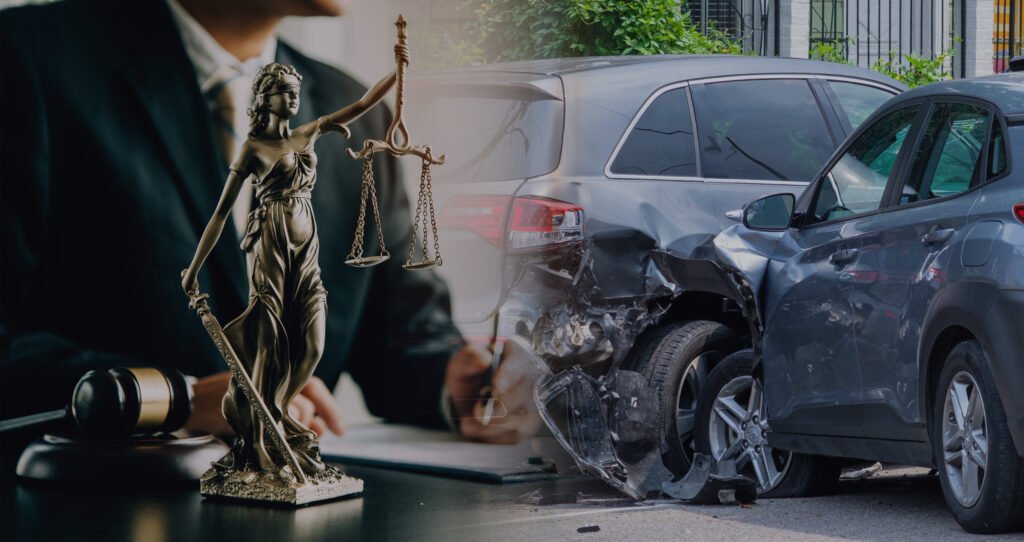How to Overcome a Language Barrier at an Accident Scene
- By Car Accident Lawyer Tacoma WA
- car accident attorneys near me car accident checklist Car Accident Lawyer Tacoma car injury lawyer near me insurance claim language barrier police report tacoma car accident attorney tacoma car accident lawyer what to do after accident
- With 0 comments
Table of Contents
ToggleHow to Overcome a Language Barrier at an Accident Scene
A car accident is a universally stressful experience, but when you and the other driver don’t share a common language, that stress can quickly escalate into profound frustration and misunderstanding. How do you exchange insurance information? How do you determine if anyone is injured? How do you even begin to communicate what happened?
In a diverse community like Pierce County, encountering a language barrier is a real possibility. While it presents a challenge, it is not an insurmountable obstacle. By staying calm, being patient, and using the universal tools at your disposal, you can navigate the situation effectively and ensure you get the critical information you need.
This guide provides practical, step-by-step advice for overcoming a language barrier at an accident scene.
Useful Information for You: In a Nutshell
- Stay Calm and Patient: Frustration will not help. A calm and polite demeanor is the universal language of cooperation.
- Use Your Smartphone: Your phone is your best tool. Use a translation app like Google Translate to communicate basic phrases.
- Let the Police Be Your Intermediary: Call 911 immediately. The responding officer is a trained, impartial party who can manage the information exchange. Some departments have access to translation services.
- “Point and Shoot” with Your Camera: When words fail, photos are a universal language. Politely gesture to the other driver’s license and insurance card and take clear photos.
- Use Simple Gestures: Use simple, universally understood hand gestures to ask if they are okay or to indicate you are calling for help.
Step 1: The First Rule is Patience
Your first and most important action is to take a deep breath and remain calm. Getting visibly angry or frustrated with the other driver because you can’t understand them will only make a difficult situation worse. A patient, calm, and reassuring attitude can cross any language divide. Remember, the other driver is likely just as scared and confused as you are.
Step 2: Technology is Your Best Friend
Your smartphone can be an incredible communication tool.
- Use a Translation App: Download a reliable translation app like Google Translate or iTranslate. The “conversation” mode on these apps allows you to speak into the phone, which then translates your words aloud for the other person, and vice-versa.
- Key Phrases to Translate:
- “Are you okay?”
- “I am calling 911.”
- “Can I please see your driver’s license and insurance?”
- “Police are coming.”
- Key Phrases to Translate:
- Use Your Camera: As a last resort, you can use your camera in a “point and show” fashion. Point to your insurance card, then look at them questioningly. This is a clear, non-verbal request for them to show you their documents.
Step 3: Call 911 and Let the Officer Mediate
This is the most critical step. In a situation with a language barrier, calling the police is not optional—it is essential. The responding officer from the Tacoma Police or Washington State Patrol becomes your impartial intermediary.
- Tell the Dispatcher: When you call 911, calmly inform the operator that there is a language barrier with the other driver. This gives them a heads-up and, in some cases, they may have resources to help.
- The Officer Gathers the Information: The officer is trained to handle these situations. They will collect the license, registration, and insurance information from both drivers, ensuring that it is accurate. This information will then be included in the official police report.
Step 4: Use the Universal Language of Photography
Even if you cannot speak a word to each other, you can still gather all the necessary evidence.
- Photograph Documents: Instead of trying to write down information you can’t read, simply take clear, high-quality photographs of the other driver’s license, insurance card, and license plate.
- Photograph the Scene: Document all vehicle damage and the accident scene itself. The photos will tell the story of what happened, regardless of the language the drivers speak.
Navigating a language barrier requires extra patience, but it doesn’t change the fundamental facts of the accident. The physical evidence will still tell the truth. If you’ve been in an accident in the Tacoma area where a language barrier complicated the situation, search the Car Accident Lawyer Directory Tacoma. Compare profiles and find a trusted local attorney. They will have access to professional translation and interpretation services to ensure that your side of the story is heard and understood.
References
- Washington State Patrol (WSP) – Collision Reports:
The official police report is the key document for overcoming a language barrier, as it contains the professionally gathered information from both parties.
https://www.wsp.wa.gov/driver/collision-reports/
- City of Tacoma – Language Access Program:
Official information showing the city’s commitment to providing language services, which can be relevant for interactions with city services like the police.
https://www.cityoftacoma.org/government/city_departments/community_and_human_services/office_of_equity_and_human_rights/language_access_program


We hope that through this article, you have a better understanding of your situation after a car accident and feel that you are not alone. The most important part of your recovery is protecting your rights with the right information.
If you need to connect with an expert who will listen to your story and fight on your side, find the best car accident lawyers in Tacoma through a free consultation at the Car Accident Lawyer Directory Tacoma.
Information
Find a Lawyer
Tacoma Car Accident Lawyers
Ask A Lawyer
Google Search Result
Washington State Traffic Accident Information
Washington State Department of Transportation
Washington State Department of Licensing
